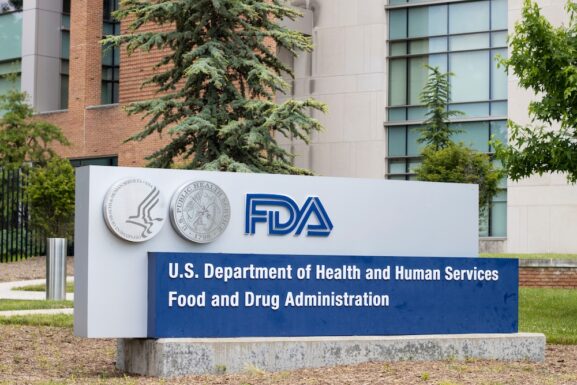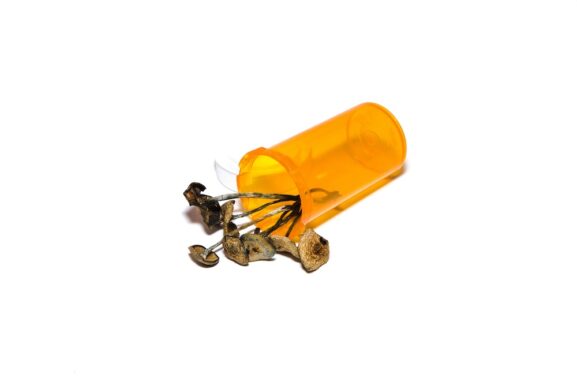The Big…Mushroom? New York Weighs Medical Use of Psilocybin
New York state lawmakers are now publicly debating legislation that would legalize psilocybin for medical use. The Assembly held its first public hearing to weigh both the promises and the risks of granting doctors the authority to prescribe a psychedelic substance.
New: Interested in Being Part of a Psychedelics-Focused Clinical Trial? Sign Up Here
| Key Topic | Current Status | Stakeholder Viewpoints |
|---|---|---|
| Legalization proposals | At least three bills under consideration | Supporters argue for relief in mental health care; opponents warn of insufficient research |
| Allowed possession use | Up to two ounces monthly from licensed cultivators (in one bill) | Backers see this as patient access; critics worry about misuse |
| Therapeutic administration | Licensing for facilitators (physicians or psychologists) | Proponents see a regulated model; skeptics question safety and oversight |
| Safety and research gap | Limited long-term studies; contamination concerns | Critics urge more research first; supporters cite encouraging anecdotal cases |
Looking for treatment? Find ketamine clinics closest to you as well as other psychedelic therapies in your area.
From Concept to Crafting Bill
Assembly Health Chair Amy Paulin led the hearing and already has introduced a bill that would allow up to two ounces of psilocybin-containing fungi per month for eligible patients. Those patients would go through a health screening before access becomes legal. Supporters aim to place New York among a small group of states that permit the substance for medical therapy. Only Oregon and Colorado currently allow such use.
Assemblyman Patrick Burke is also behind a proposal to license professionals to guide psilocybin therapy. He emphasized that unregulated access drove some individuals to experiment on their own through illicit markets.
Balancing Promise with Caution
Experts at the hearing flagged several critical issues that legislation must address. Among them: how to ensure the substance is contaminant-free, how to establish treatment protocols, and how to monitor patient safety. Some warned that public policy may be outpacing the science at this stage.
Bianca Schnarr, a researcher, noted that psilocybin use in therapy often involves only one controlled session in combination with psychological support. The goal is to let patients safely confront deep emotional states in a guided setting.
But skeptics like Dr. Kevin Sabet argue that the evidence remains too limited to support broad legalization. He urged the Legislature not to move ahead before further clinical trials clarify long-term risks and benefits.
The Stakes Ahead
If New York moves forward, it could emerge as a leader in medical psychedelic policy. But much will depend on how legislative drafters reconcile access with safety. The testimony so far provides a scaffold for future debate. The next step will be drafting workable regulations, and lawmakers must ensure that patient protection remains central as the state explores this novel frontier.



